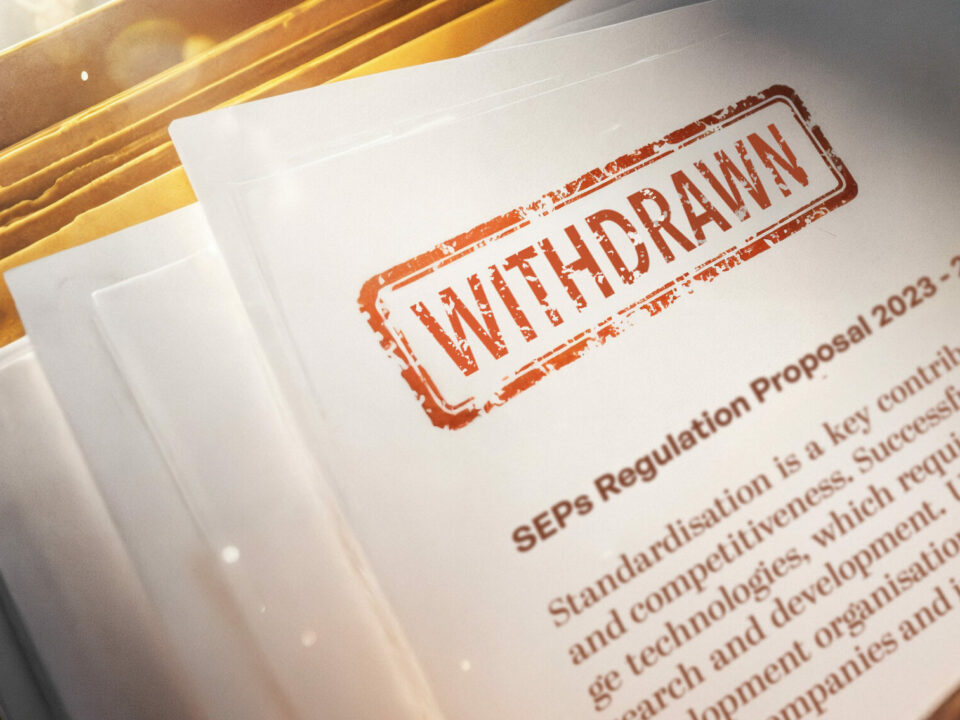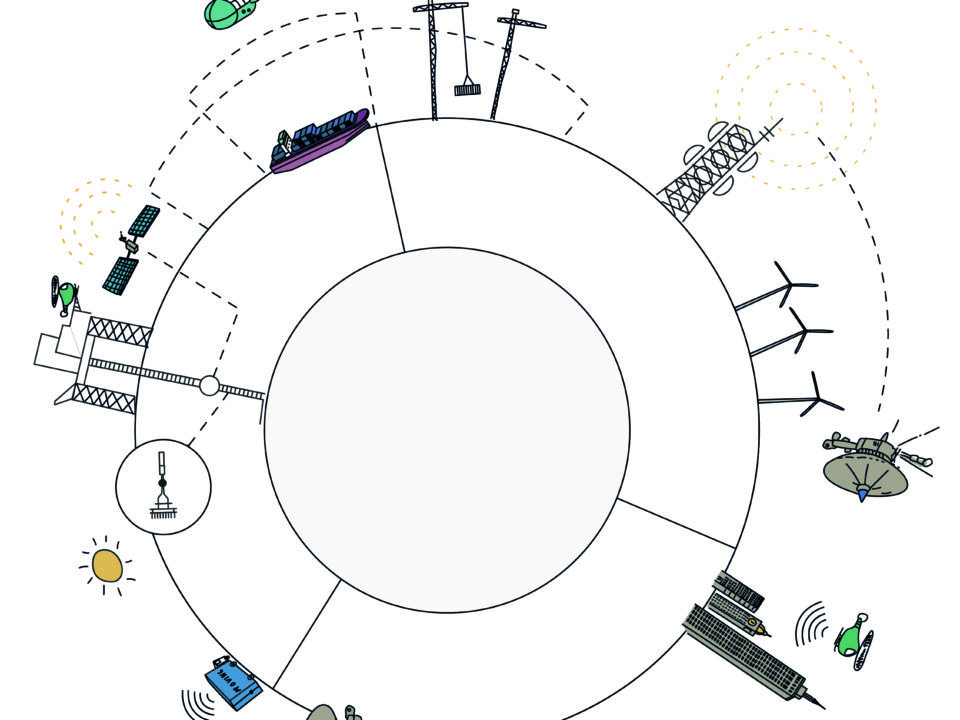Are SEPs a “free lunch”?
There’s an old adage that “there is no such thing as a free lunch” meaning that is impossible to get something for nothing. However, when it comes to using cellular communications technology it is quite easy to “dine and dash” or, more precisely, to implement the standard essential patents without paying for them.
So why is it that implementers can get a “free lunch” when it comes to SEPs?
Most economic transactions are straightforward: you exchange money for the good or service that you are buying. You pay for your groceries when you get them. If you are buying something for later delivery, such as an online purchase, there is a binding legal contract requiring the seller to deliver the goods at some point and time in the future. Similarly, buyers can receive immediate delivery of a product, in exchange for a legally binding promise of future payments.
In each of these situations, the buyer and seller make a simultaneous exchange; money for a product, a payment in exchange for a commitment to deliver a product in the future, or the immediate delivery of a product, say a car or a house, in exchange for the promise of future payments.
The fact that there is a simultaneous exchange prevents mischief. If you don’t proffer payment, you don’t get your groceries. If you don’t promise to make monthly payments, you don’t get your car. If you don’t pay your cable bill, you service gets cancelled. In this respect, these simultaneous transactions are self-enforcing. People simply do not give away valuable property except in a simultaneous exchange for money or a legally binding promise for future payment.
The licensing of standard essential patents (SEPs) is not so simple. The standards for cellular communications are published, on the web, for everyone to see. Implementers use this publicly available information to design, build and sell products that comply with the standard. In other words, implementers have access to the standards, and can monetise them before they pay a penny to the holders of SEPs.
So, what are an implementer’s incentives to pay for a SEP licence? Since the implementer already has the technology in its product, and it is making money from the sales of the product, there is little incentive for the implementer to take a license. The SEP holder might reasonably expect the implementer to behave in accordance with the law and agree to pay a FRAND license fee for using the patented technology. But if implementers act in bad faith, litigation becomes one of the only incentives for implementers to take a FRAND license.



